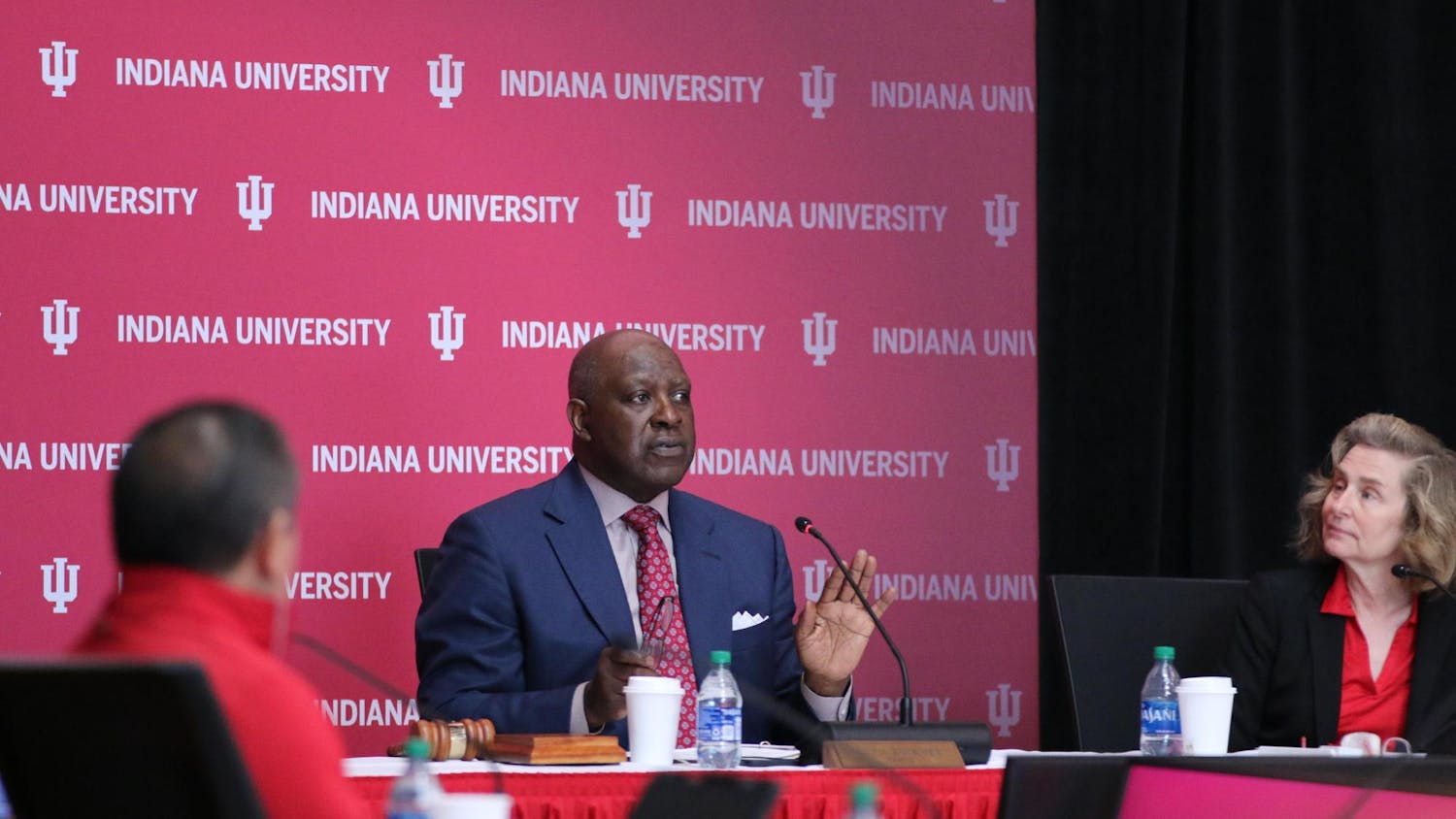Eighteen undergraduate students recently returned from a 25-day trip to Ghana. The trip ran from May 11 through June 3 and allowed the group to travel throughout Ghana not only to learn about Ghanaian culture, but about the transatlantic slave trade as well.\n“It’s almost always a life-changing experience,” said Kevin Brown, law professor and director of Hudson and Holland Scholars Program. “Certainly for Americans who have never visited a third-world country, it will be an eye-opening experience. \n“Since this has such a strong focus on African transatlantic slave trade, they are forced to think about slavery in a way they never have before. When Americans travel throughout third-world countries, they really run into a lot of people whose desire it is to come to America, so in a way you are experiencing, for three-and-a-half weeks, lives of people who idealize the place you live in.”\nThe trip is run by both the Hudson and Holland Scholars Program, an IU scholarship program that Brown said recruits students to increase the Bloomington campus’ diversity, and the Groups program. The first trip took place in the summer of 2002 and a trip also took place in the summer of 2006.\n“Vice President Charlie Nelms was aware of the fact that I had organized programs to send law students to Mozambique in South Africa, so he asked me to organize a group to send undergraduate students to Africa,” Brown said. “We thought it would be great to have students travel to Ghana to have them learn about the African side of transatlantic slave trade.”\nThe application process was not long, and everyone who applied and could afford the $4,600 cost was accepted, though Brown said that had there been many more applicants a selection process would have been necessary.\nBecause the trip counted for course credit in the African-American and African Diaspora Studies department, the students were required to write a series of three papers. The first paper was due prior to the students’ departure and was about slavery as it relates to America. The last two were due after the students returned. The first was about slavery as it relates to Africa, and the second was a comparison between Ghanian and American cultures. “(The papers) got me thinking on an academic level,” sophomore Dominique McGee said. “They were a great way to make sure I reflected on a lot of the things I saw over there.”\nPrior to their departure, the group of students met for about six weeks, where they learned about slavery, Ghanian culture and the history of Ghana both as a modern country and as an ancient civilization. \n“We had informational meetings every Thursday to talk about the culture and what to do and what not to do,” junior Floyd Hobson said. “A lot of it was beneficial, but as a college student, a lot of it was over your head. I thought ‘It can’t possibly be this bad.’ Nothing was more beneficial as when we got out there and saw it for ourselves. It was a culture shock.”\nHobson said he went on the trip partly to learn about a different culture but mainly to find out about his heritage and ancestors, the reason most of the students also went on the trip.\n“The main reason why I went is because I am really involved in the African Student association. I thought it would be a great way for me to relate to the students in that group,” McGee said. “It also was almost like I was making the trip for my entire family. It was the first of many steps of trying to track back my roots.”\nMany of the students agreed that the hardest part of the trip was the lack of basic necessities readily available in the U.S., such as electricity and running water .\n“Even though it was unfortunate that we didn’t have electricity, one of the after-effects of that was that we had to get creative and a lot of times we would get together as a group and make our own fun. I think it brought us a lot closer as a group because we did not have those things,” McGee said.\nThough the lack of Internet, showers and electricity made life in Ghana more difficult for the group, almost all the students agreed that the experience was well-worth the lack of every day comforts found in the U.S.\n“After the trip I felt like I had learned a lot. The main objective of the trip was to learn about the slave trade, so obviously I learned a lot about that, but I took so much more from it than I was expecting. I thought it would be just a college course where we learn about slave trade, so I wasn’t expecting it to be such an all encompassing trip,” McGee said.
18 students return from 25-day trip to Ghana
Undergraduates learn about culture and slave trade
Get stories like this in your inbox
Subscribe





